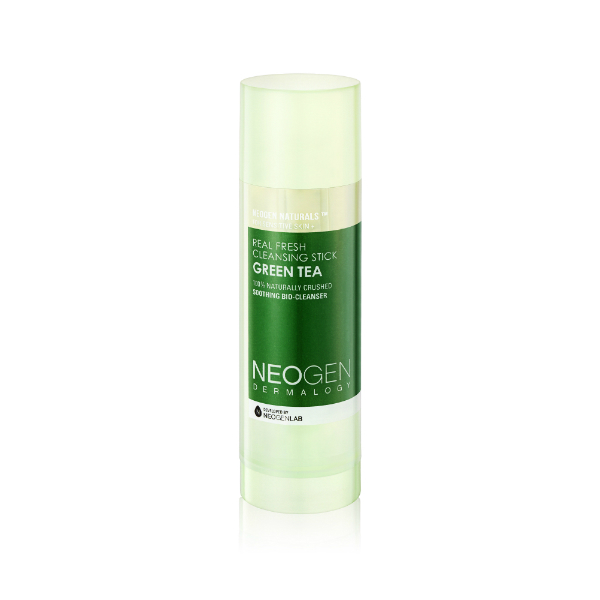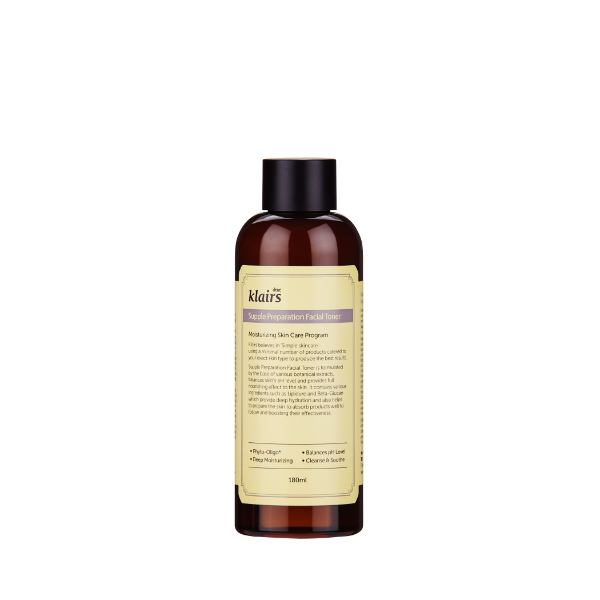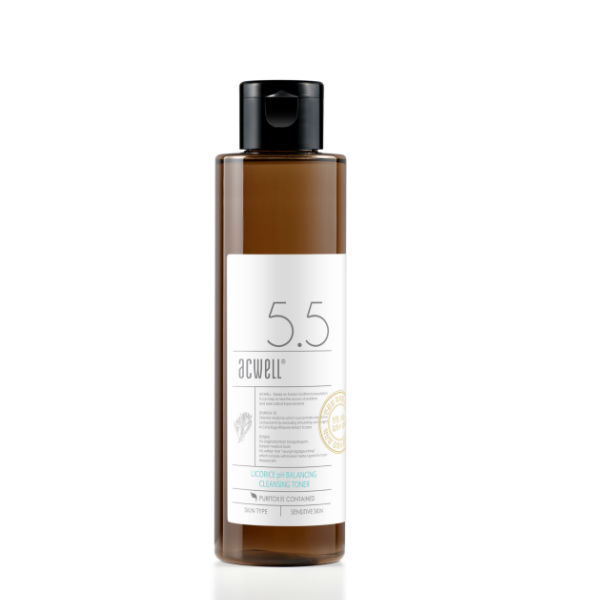What should you think about essential oils in skin care? Ultimately, it’s up to you, but here’s our take.
Have you noticed essential oils in your skin care? Fragrance has long been touted as a culprit behind irritated skin and essential oils have often been implicated as the offender. The skin care community has been locked in a debate over the harmfulness versus the helpfulness of essential oils and whether or not they are necessary in skin care formulations.
To answer your questions, we reached out to a dermatologist to find out if these added oils are doing more harm than good and whether or not you should avoid them.
What are essential oils?
Essential oils are oils that are extracted from plants through a distillation (water or steam) process. This technique uses all parts of the plant including the root, stem, and flowers to create highly-concentrated oils that are commonly used in skin care and aromatherapy products to both provide fragrance. Many people associate essential oils’ inclusion in skin care formulas to pertain more to “natural” brands, but the reality is that most brands use essential oils for their fragrant, “masking” purposes.
This isn’t necessarily a bad thing. There is something to consider, though. The quality or “grade” of an essential oil isn’t highly restricted so there is no standard for a specific quality of extraction and purity of an oil. Because of this lack of quality adherence, this means that the chemical composition of essential oils aren’t exactly known and it’s possible that there are added substances or fillers to their formulas.
What are the benefits of essential oils?
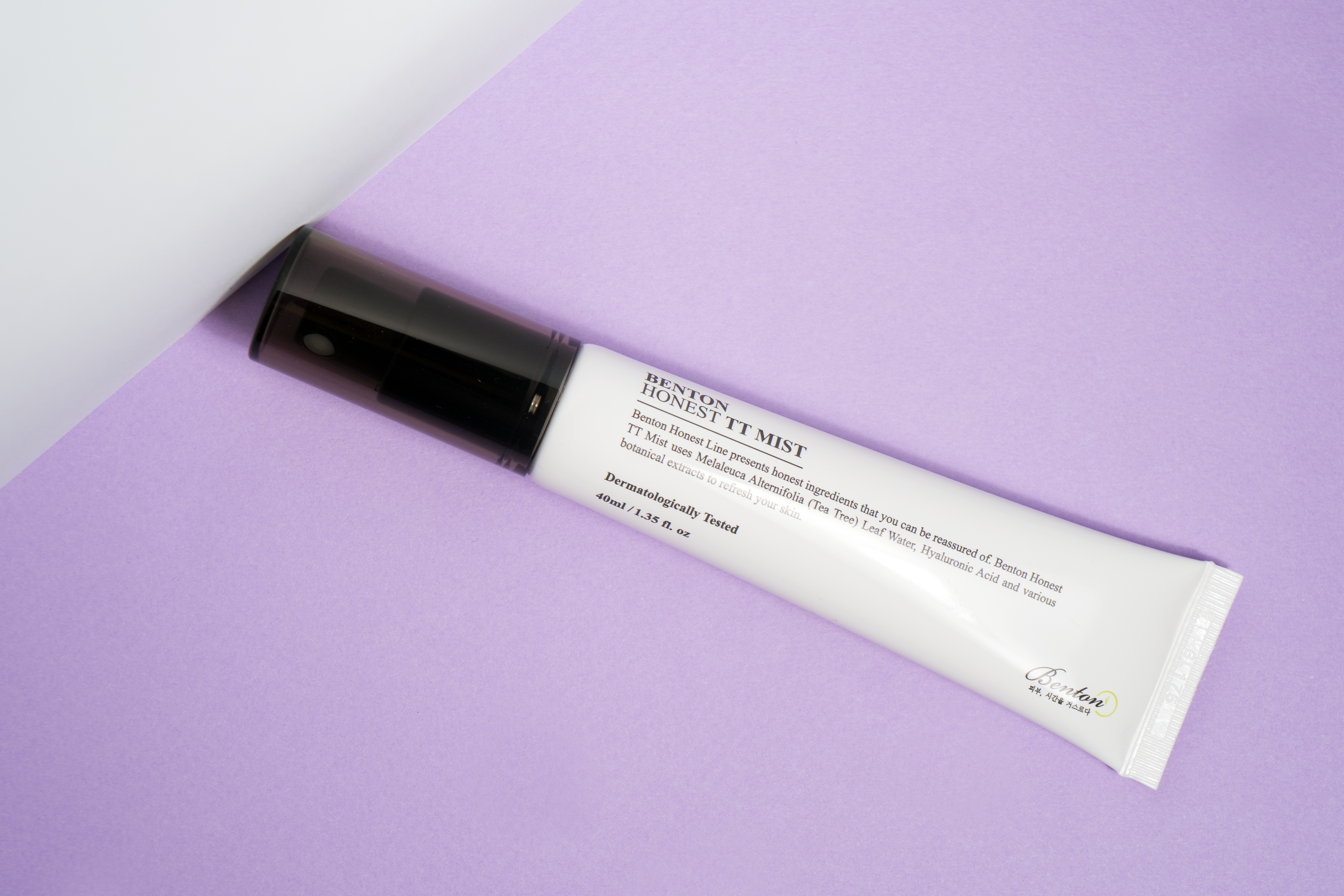
Essential oils have long been studied for their aromatic and therapeutic properties and they’re known to be uplifting and calming, so it’s no surprise that brands would want to invoke this experience when you use their products. But, that’s not their only purpose. Popular essential oils, like tea tree oil, are known for their skin care properties. Tea tree, which is featured in products like the Benton Honest TT Mist, is known to kill acne-causing bacteria thanks to its antibacterial and antimicrobial properties.
Despite this, dermatologist Annie Chiu says, “While there is research that says some are high in antioxidants or that others have acne-fighting components, non-essential oil antioxidants tend to do a better job. No essential oil can address lack of elasticity or help your skin produce collagen among other benefits from conventional skin care.”
Are they harmful?
“I prefer essential oils for their aromatic benefits and am not a proponent of essential oils in skin care for your face,” says Chiu. This is because it is possible for you to experience a reaction to the essential oils in your skin care. There have been instances in which people have experienced allergic reactions, irritation and even contact dermatitis because of the inclusion of essential oils.
This can be attributed to a particular person’s skin sensitivities, as well as the reality that there is no way to tell the purity of an essential oil that is being used in a product’s formula. If you have a reaction to an essential oil, it could very well mean that you could actually be allergic to a particular compound within the oil versus the oil itself.
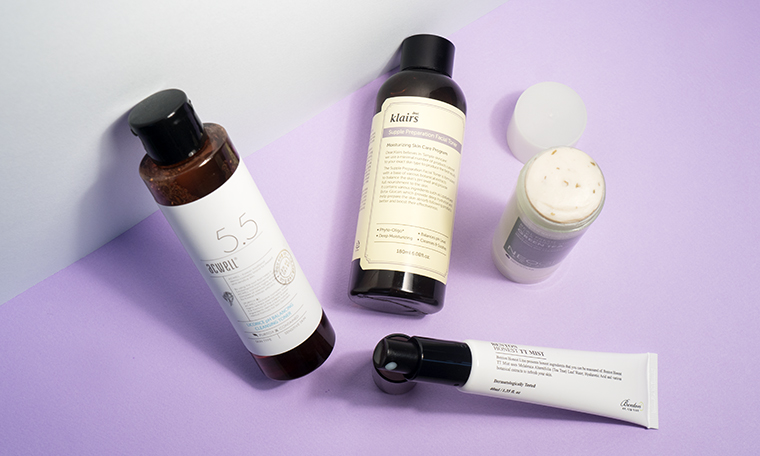
So do I need to avoid essential oils?
I have particularly sensitive and reactive skin and some of my favorite products are the Neogen Real Fresh Green Tea Cleansing Stick, Klairs Supple Preparation Toner and the Acwell Licorice pH Balancing Cleansing Toner. All of these contain some form of essential oil, so this doesn’t mean you should avoid them just because you have sensitive skin. Instead, just like any skin care ingredient, you should be mindful of the ingredients that cause your skin irritation as this differs from person to person.
“Essential oils are can be irritating but some can be used safely when diluted,” says Chiu. “But beware that most skin care products that contain essential oils contain more than one oil, upping the potential for irritation.” Most brands tend to avoid the addition of essential oils simply to avoid any possible irritation in their consumers, but not necessarily because they are harmful.
One particular instance where essential oils can be damaging, though, is with the use of citrus oils during the day since they are photosensitive. This means that they shouldn’t be used when you’re going to be exposed to sunlight for long periods of time because when they combine with UV rays it causes a chemical reaction that changes into a toxic substance that makes the skin more susceptible to UV radiation and can cause redness, irritation and potential darkening of the skin. This doesn’t mean citrus oils are all around bad but that they shouldn’t be used during the day as they can cause potential irritation.
Bottom Line
Yes, essential oils can cause irritation, but when it comes down to it any ingredient can cause people irritation. This is why it’s important to pay attention to your skin and its reactions so you can understand what it likes and doesn’t like.
We shouldn’t be quick to vilify essential oils since they do have positive benefits for many people, but just like with any skin care ingredient, there are those who can experience a negative reaction to them. If you’re concerned about essential oils, be sure to stick with fragrance-free products so you can avoid any unnecessary irritation.



